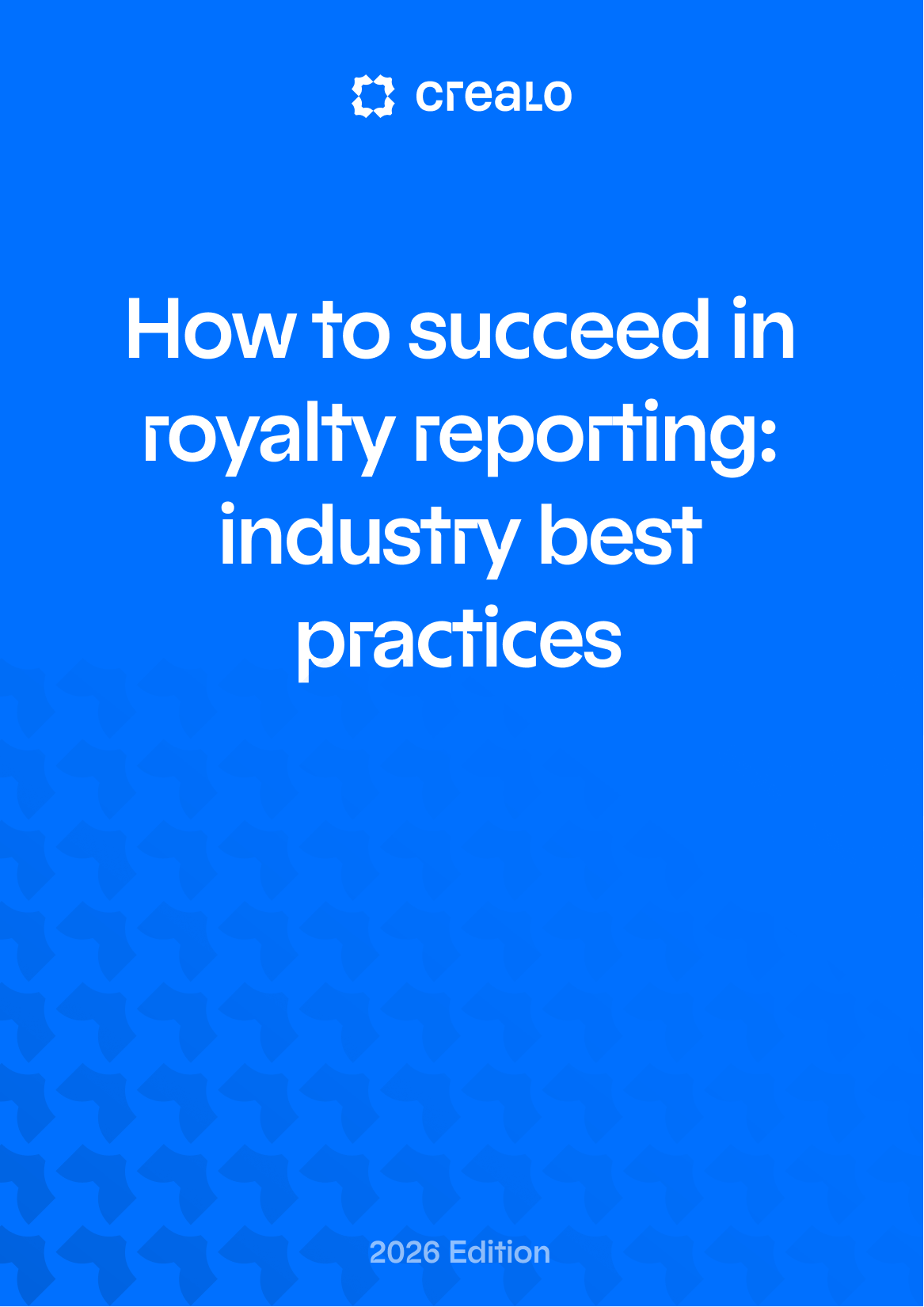While working on our guide to the uses of artificial intelligence in publishing, many professionals shared a common need with us: to gain a concrete understanding of how these technologies can be useful in their specific roles.
To meet this need, we’ve gathered 30 practical examples of how AI can be applied across the publishing industry.
This selection represents just a snapshot of a rapidly evolving technological landscape, new tools emerge every day, and the capabilities of existing ones are constantly expanding.
We’ve organized these examples by job role, to help you identify the applications most relevant to your work.
If you’d like to dive deeper into the topic, discover our practical guide on the applications and limitations of AI in publishing.
How can publishers use artificial intelligence?
Here are 5 examples of what AI can do for publishers:
| 🧠 What AI Can Do for Publishers |
📄 Description |
| Manuscript Pre-Sorting |
AI tools allow you to analyze manuscripts by assigning them a predictive score. It is possible to assess the commercial potential of a text based on criteria you define. |
| Image Research |
AI tools simplify and speed up the definition of a book’s visual identity by generating cover examples and illustrations from a text prompt. They can also assist in finding royalty-free images that match the editorial content. |
| Text Digitization |
AI facilitates OCR (optical character recognition), converting printed books into digital formats suitable for optimal reading on e-readers and tablets. |
| Audio and Accessibility |
AI tools can generate audiobooks using realistic synthetic voices and create audio descriptions to make books accessible to visually impaired readers. |
| Search in Digitized Book Databases |
Unlike traditional keyword searches, AI can understand the meaning behind a query and find relevant books—even if they don’t contain the exact search terms. |
5 examples of how AI can help proofreaders
Here are a few examples of what AI can do for proofreaders:
| 🧠 What AI Can Do for Proofreaders |
📄 Description |
| Editorial Assistance |
AI doesn't replace the role of proofreaders but assists them in improving texts by automatically detecting spelling, grammar, and syntax errors. It helps reduce typos and repetitions through smart suggestions. |
| Translation and Post-Editing |
Human proofreading remains essential, but advanced AI engines facilitate the translation of texts in a natural, fluent style. |
| Content Consistency Analysis |
AI tools can analyze the structure of your text to ensure logical consistency—checking the flow of ideas, continuity of references, and tracking of characters in novels. |
| Plagiarism Detection |
Some tools allow you to scan for similarities in the text to ensure there is no plagiarism or excessive resemblance to existing published works, by comparing your content against large databases. |
| Formatting Optimization |
AI can assist proofreaders in checking and optimizing document layout, ensuring compliance with typographic rules, citation formats, margins, and spacing. |
How can AI be used by royalties managers?
Here are two examples of what AI can do for royalties managers:
| 🧠 What AI Can Do for Royalties Managers |
📄 Description |
| Contract Template Generation |
You can use royalties and publishing contract templates, customizing the clauses to match the specific terms of each agreement. |
| Tracking of Deadlines and Contractual Obligations |
Benefit from real-time tracking of granted licenses and automatic reminders for renewals and renegotiations. |
These tools help royalties managers reduce the risk of errors and streamline administrative processes.
Our solution, Crealo, enables you to carry out all these tasks with ease. Get in touch with us to learn how it can meet your specific needs and optimize your workflows.
How can publishing marketing managers use Artificial Intelligence?
Marketing involves a great deal of content creation and that’s precisely where generative AI tools (like ChatGPT) excel: they specialize in content generation.
| 🧠 What AI Can Do for Publishing Marketing Managers |
📄 Description |
| Writing Social Media Posts |
Generating tailored post content for each platform (Facebook, Instagram, X, etc.). |
| Precise Ad Targeting |
AI analyzes user behavior and preferences to create specific segments and personalize ads accordingly. |
| Visual Content Creation |
Generating campaign visuals that go beyond simply using book covers. |
| Book Recommendations |
AI analyzes reading habits and recommends titles based on each visitor’s interests on publisher or bookseller websites. |
| Competitive Intelligence and Trend Analysis |
AI examines consumer behavior, trending genres, and emerging themes to anticipate market shifts. |
| Monitoring Competitors |
AI tracks competitors’ actions (new releases, events, promotional strategies) and extracts insights to help fine-tune your marketing activities. |
| Automatic Review Summaries |
AI scans websites, blogs, social media, and industry publications to collect and synthesize relevant book reviews. |
A few examples of how sales teams can use AI
Here are 6 examples of how AI can be used by sales representatives:
| 🧠 What AI Can Do for Sales Teams |
📄 Description |
| Sales and Bestseller Forecasting |
AI detects trends in your past sales data to predict future performance. By cross-referencing genre, author, and popular themes, it can help identify titles likely to become bestsellers. |
| Optimal Print Run Estimation |
To maximize profitability while avoiding overproduction, AI helps estimate the ideal number of copies to print. |
| Sales Pitch Assistance |
Based on market trends and bookseller expectations, AI helps craft compelling sales arguments that highlight the strengths of each title for specific targets (e.g. independent bookstores, large retail chains). |
| Metadata Optimization |
AI automatically selects keywords and categories to enhance the visibility of books on online sales platforms. |
| Generating Target Bookstore Lists |
Depending on the region or sales area you want to focus on, AI can help you build a list of relevant bookstores to contact in that zone. |
| Personalized Prospecting Emails |
Sales reps can quickly send personalized prospecting emails to promote a title. The tool generates tailored messaging scenarios for each type of contact. |
How can publicists use artificial intelligence?
Here are 5 examples of how AI can support publicists:
| 🧠 What AI Can Do for Publicists |
📄 Description |
| Press Release Writing and Personalization |
Automatically generate press releases based on key information (date, subject, event, quote) and adjust the style according to the target audience. |
| Automated Press Reviews |
AI collects, analyzes, and summarizes articles, blog posts, media appearances, and online mentions of a title or publishing house, and compiles them into concise press coverage reports. |
| Real-Time Alerts on Emerging Media Trends |
Receive instant alerts whenever a new trend emerges around your titles. |
| Interview Question Generation |
Based on the interview topic and format (TV, radio, podcast), AI can suggest relevant, tailored questions. |
| Automatic Interview Transcription |
AI continuously improves transcription quality by learning to recognize different accents in audio and video recordings. |
AI in publishing, a promise of efficiency or a technological mirage?
Artificial intelligence is making its way into the publishing industry as a tool that must be used with discernment.
The thirty use cases presented here, for editors, proofreaders, marketing managers, sales teams, publicists, and royalties managers, all point to one clear conclusion:
AI does not replace human expertise, but it can automate repetitive tasks and streamline certain processes.
However, making the most of these technologies requires understanding each tool’s limitations, managing data confidentiality risks, and staying up to date in a constantly evolving ecosystem, where new AI tools emerge every day.
That’s why we’ve compiled key insights in our AI guide for publishers including best practices for using AI in compliance with royalties regulations.
Embracing AI means selecting the tools that best fit your professional context and deliver real added value.
👋 Crealo is the most modern and comprehensive royalty software for publishers. We work with over 200 publishers in Europe, discover what they have to say about Crealo.










